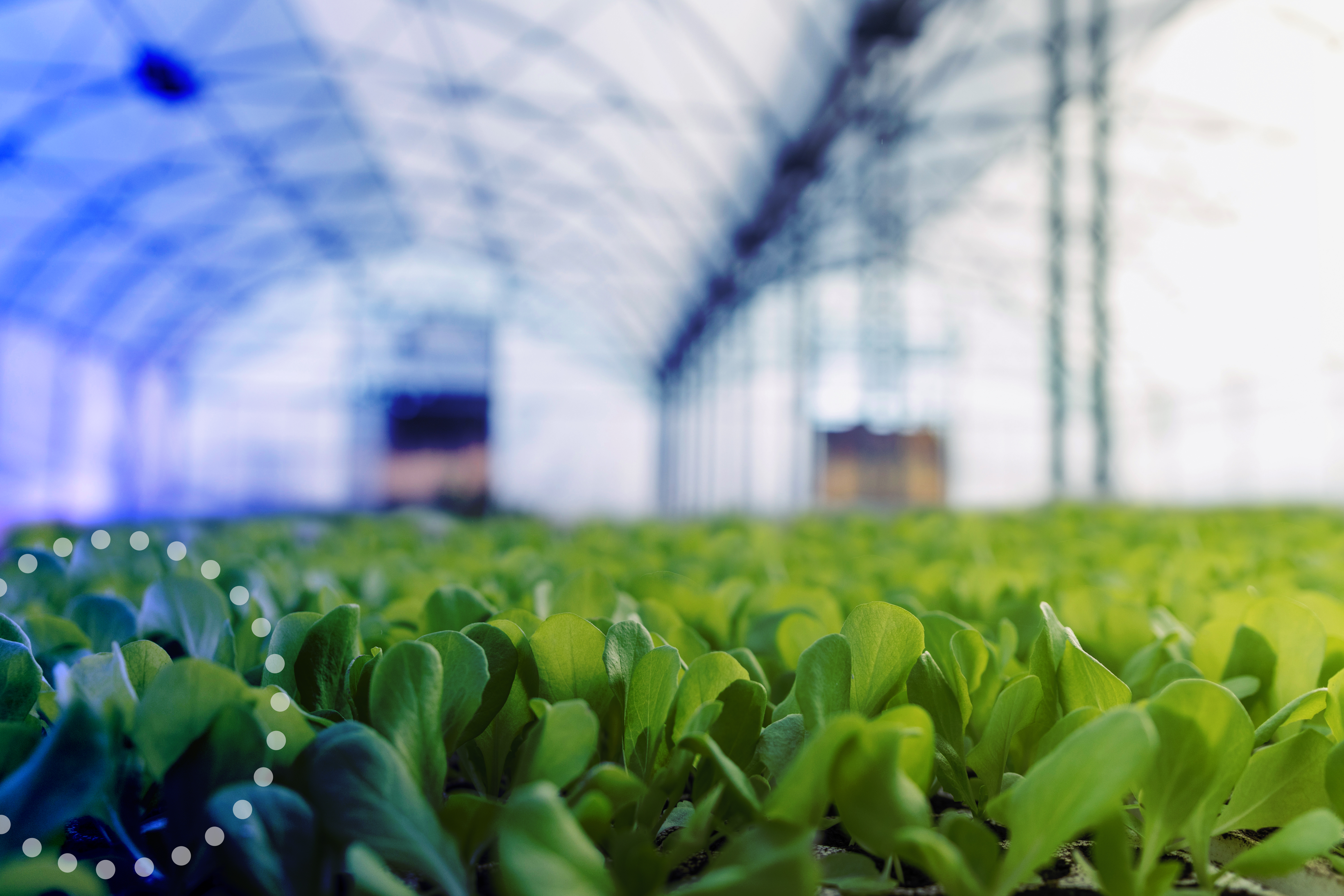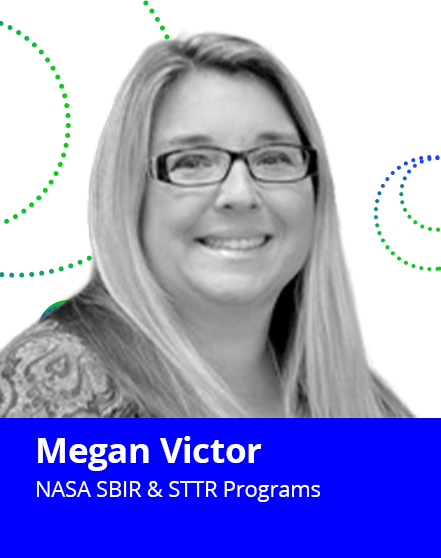How are NASA and tech entrepreneurs accelerating the future of food?
Our NASA panellists present the need for innovative and sustainable food systems to support fresh foods grown in space and resource-scarce regions worldwide.
Register now
Now available On-Demand

GOOD FOOD FOR EVERYONE
On earth and beyond
NASA challenges the CEA and tech industries to develop novel, yet sustainable food production systems.

A NEW FRONTIER FOR PLANT SCIENCE
Practical application or pure aspiration?
Growing safe, nutritious, and flavourful food in space also requires minimal inputs and resources.

Monsi Roman
Monsi Roman was appointed program manager of the NASA Centennial Challenges program in June 2015. In this role, Monsi manages the day-to-day operations of the Agency flagship Prizes and Competition program that currently includes 4 active challenge competitions and several challenges in formulation for a total Prize Purse of over $12 M. The program supports technology developments under the Space Technology Mission Directorate (STMD) at NASA Headquarters in Washington. Monsi has also served as the International Space Station (ISS) Life Support Chief Microbiologist working with a team of scientists and engineers to develop and test the water and air systems currently keeping the ISS crews alive.

Megan Victor
Megan Victor currently works as a New Technology Representative supporting NASA/Kennedy Space Center’s Technology Transfer Office. Megan joined the Technology Transfer Office 13 years ago and supports the NASA/Kennedy Space Center’s Small Business Innovation Research / Small Business Technology Transfer Program for the last 3 years. Megan supports the researchers and scientists on center to help secure the New Technologies into our agency database, as well as inreach around the center. In supporting, the NASA SBIR STTR Program Megan supports the solicitation cycles for Phase I and Phase II proposals and awards. She is also the center support contact on the Phase III’s.

Jeff Kohler
Jeff Kohler currently works as a Technology Transfer Specialist supporting NASA/ Kennedy Space Center’s Technology Transfer Office. Jeff has extensive experience in technology transfer management, patent licensing and technology marketing. Jeff joined NASA’s Technology Transfer Program in 2002 and over the last 20 years has assisted in commercialization of a wide range of technologies developed by NASA including corrosion resistant coatings, advanced insulation materials, flame retardants and aeroponic and plant habitat systems. Prior to Kennedy Space Center, Jeff worked as Technology Manager at Wright State University and before that, the Director of Commercialization at the Center for Assistive Technology at the University at Buffalo.
What you’ll learn

Technology Transfer
See how new applications diversify crops grown at zero gravity and at home.

Building Community
Learn how small businesses and researchers can get involved in efforts by NASA and the Canadian Space Agency.

Connected Cultivation
Understand why monitoring and data are critical to crop performance.
Ag Innovation
Explore opportunities for tech collaborations within the industry.
Deep Space Reality
Discover how to take your ideas from design board to proof of concept.
Nature’s Essentials
Broaden your perspectives on net-zero energy, water, and natural resources.
About NASA and the Deep Space Food Challenge
Through NASA’s Technology Transfer Program, companies can access over 1,000 available technologies from a wide spectrum of categories to enhance their current product lines.
NASA’s Small Business Innovative Research Program funds the research, development, and demonstration of innovative technologies that fulfill NASA needs as described in the annual Solicitations and have significant potential for successful commercialization.
The goal for participants in the Deep Space Food Challenge is to design and develop novel food production technologies, systems, or approaches for long duration space exploration missions, that could also benefit earth.